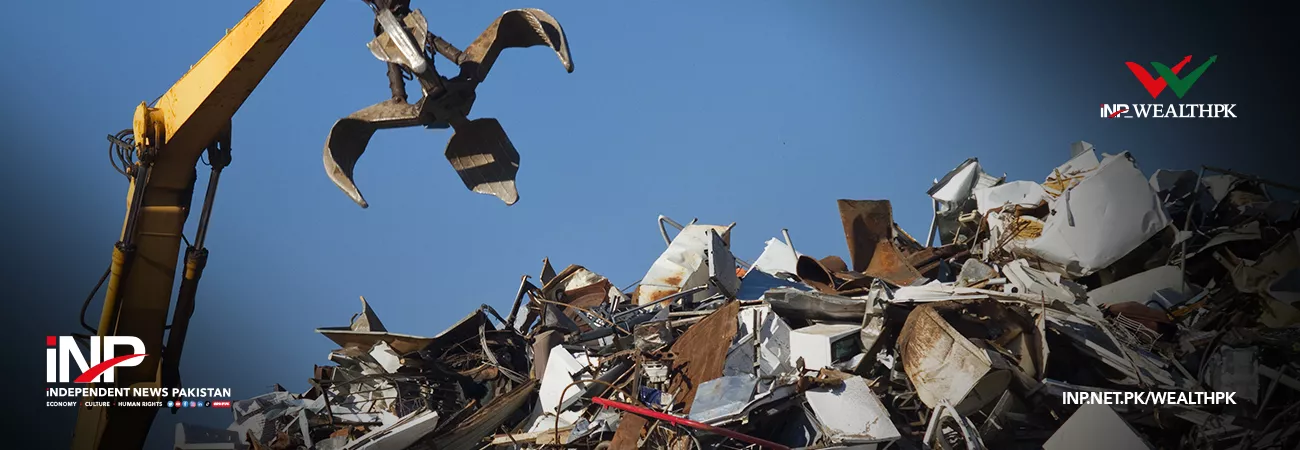INP-WealthPk
Naveed Ahmed
The National University of Science and Technology (NUST) researchers have received a financial grant from the Higher Education Commission (HEC) to generate energy from solid waste, which will lessen the load on the landfills and reduce the demand for fossil fuels. Talking to WealthPK, Dr. Salman Raza Naqvi, Director of National Science and Technology Park (NSTP) at the Department of Chemical Engineering, NUST, said currently, no garbage management company in Pakistan had the technology to develop a method for efficient exploitation of municipal waste.
He said the NUST project team was expected to develop a technology for generating energy from solid waste in the coming years for local use. Naqvi said waste-to-energy production technology has huge benefits compared to the traditional landfilling as a waste management system. “The process of generating energy (often heat and electricity) from waste is known as waste-to-energy production. It is often performed by incinerating solid waste.
Incineration is a way to turn garbage into energy. However, it is still a relatively new means of generating energy. Burning trash produces steam, which turns turbines to generate electricity. It is also possible to use the heat produced by the combustion process itself,’’ Naqvi added.
He said Pakistan's yearly Municipal Solid Waste (MSW) production was 49.6 million tons, growing at a rate of 2.4%. Inadequate waste management poses major risks to human health and the environment, he added. Moreover, the weekly solid waste generation is estimated at 87,000 tons, with daily municipal garbage generation at around 16,500 tons, according to the International Trade Administration (ITA,2022). Similar increases may be seen in the production and disposal of plastic garbage.
Naqvi said Pakistan's current solid waste management system is confronted with substantial obstacles, such as red tape, absence of urban planning, outdated technology, and a need for more public knowledge. He said sixty to seventy percent of the country's garbage gets collected, while the rest is dumped or buried at empty lots, contributing to climate change.
“The issue of urban trash has created huge difficulties in the main cities, including Karachi, Islamabad, Lahore, and Peshawar. Lack of urban planning, outmoded infrastructure, and a shortage of public knowledge are at the heart of Pakistan's deteriorating waste situation,” said the NSTP director. He explained that the HEC and NUST were trying to solve this problem by controlling the accumulation of garbage and putting it to productive use in the form of waste-to-energy production facilities, which will use the garbage to generate electricity.
Credit: Independent News Pakistan-WealthPk
Recycling metals, creating renewable energy, and cutting greenhouse gas emissions are just some benefits of the waste-to-energy (WTE) processes. Naqvi clarified that the baseload generated by the waste-to-energy plants could be attached to power the grid, individual homes, and commercial and industrial facilities. The development of waste-to-energy facilities in Pakistan is a huge initiative the nation has undertaken, he added.




